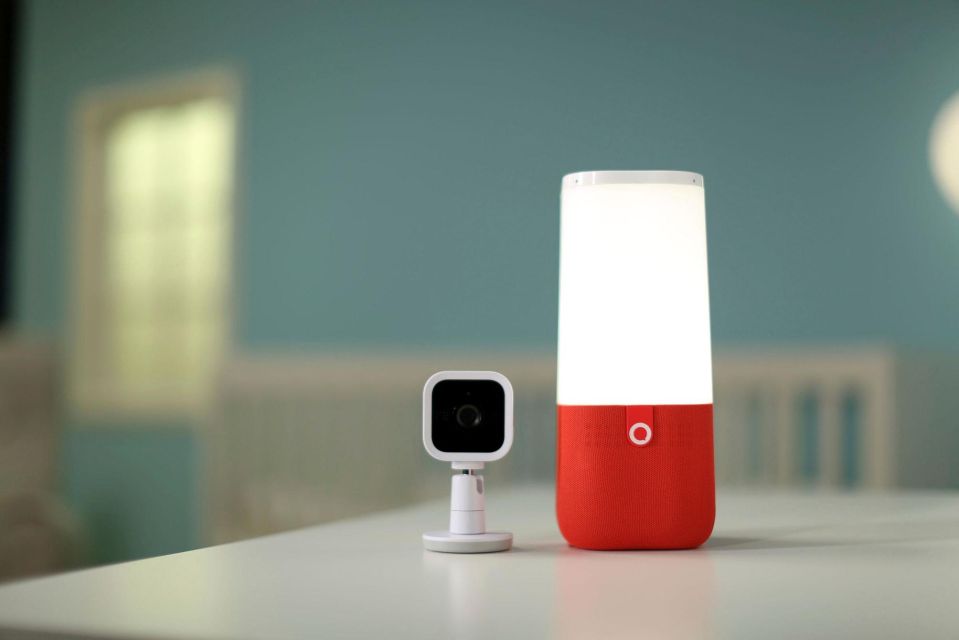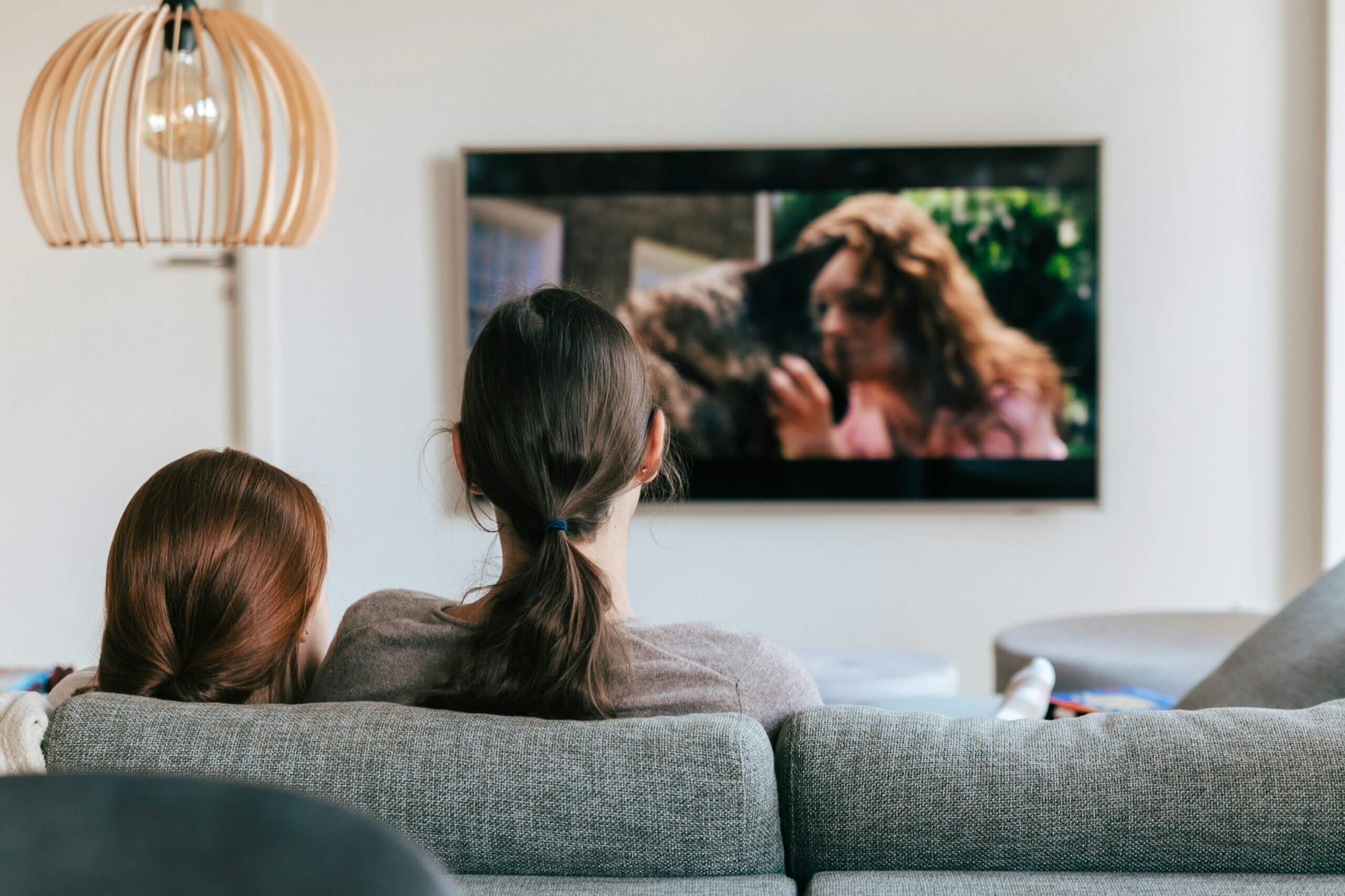Mattel rethinks kid-focused AI assistant after parents voice concerns
- Friday, October 6th, 2017
- Share this article:
 Toy manufacturer Mattel has announced it is cancelling plans to produce a voice-activated digital assistant device aimed at children after children’s health advocates, privacy organisations and parents all voiced concerns about the access that such a device would give the company into the personal lives of children.
Toy manufacturer Mattel has announced it is cancelling plans to produce a voice-activated digital assistant device aimed at children after children’s health advocates, privacy organisations and parents all voiced concerns about the access that such a device would give the company into the personal lives of children.
In a statement, Mattel said that it had decided internally not to bring the product to market, a decision largely steered by new chief technology officer Sven Gerjets, who joined the firm in July. Gerjets reviewed the product and decided that it did not “fully align with Mattel’s new technology strategy” and that releasing it would not serve “as part of an ongoing effort to deliver the best possible connected product experience to the consumer.”
The device, called Aristotle, was first announced back in January, and was designed to serve as a digital assistant from children from infants through to pre-teens. The device could serve as a night light for young children, answer homework questions and learn about a child’s preferences as they grew up.
After it was initially announced, the device drew a number of criticisms, with numerous parties raising concerns over how it would impact data privacy for such a vulnerable user base. The device even drew the attention of the US government, with Senator Edward J. Markey and Representative Joe Barton sending Mattel a letter last week asking the firm for more information on how data would be stored and retained by the Aristotle.
Children’s health experts also voiced concerns over whether it was appropriate for companies to market such products to parents without any understanding over how the technology could affect early childhood development.
“My main concerns about this technology – apart from the privacy concerns that [Markey and Barton] are trying to address – is the idea that a piece of technology becomes the most responsive household member to a crying child, a child who wants to learn, or a child’s play ideas,” said Jennifer Radesky, a paediatrician who wrote the American Associations of Pediatrics’ 2016 media guidelines for children aged 0-6.
Mattel has come under fire over privacy concerns related to its connected toys before. Last year, the company released a talking Barbie doll that would remember details from conversations. The ‘Hello Barbie’ was heavily criticised after it was revealed that recordings were shared with third parties and that the device could be hacked to record audio even when it wasn’t activated.
















